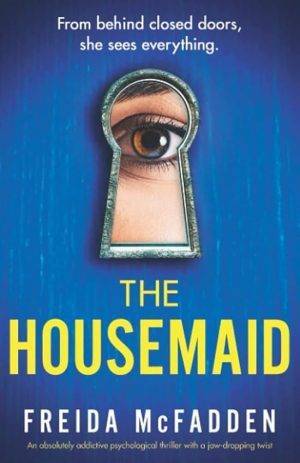Public libraries have historically played a foundational role in providing access to books, periodicals, and reference materials. As institutions centered on literacy and knowledge-sharing, they have adapted over time to meet the changing needs of their communities. In the 21st century, libraries face a new set of challenges and opportunities as digital technology reshapes how individuals access and engage with information.
The traditional image of libraries as quiet spaces lined with physical books remains relevant. However, digital tools have expanded what libraries can offer. Many public libraries now provide access to e-books, audiobooks, and online databases, enabling users to borrow content remotely. These services increase the accessibility of reading materials, especially for individuals who may be homebound, live in rural areas, or have limited transportation options.
Moreover, public libraries continue to serve as community hubs beyond their collections. Programs for children, teens, and adults include literacy initiatives, job search support, and cultural events. These activities emphasize the library’s role as a space for public education and civic engagement. Libraries also offer free internet access and computer use, which are essential resources for job applications, research, and communication in today’s digital world.
Despite increasing digital options, physical library spaces remain significant. Quiet study areas, meeting rooms, and print collections are still valued by many users. For those who prefer to read physical books, browse shelves in person, or seek out curated recommendations from librarians, the library continues to provide a tactile and social dimension to reading.
In balancing both digital and physical offerings, public libraries demonstrate adaptability. Their evolution reflects broader shifts in how society consumes information, learns new skills, and connects with ideas. As a result, libraries continue to play a central role in education, literacy, and access to knowledge—regardless of the format.




